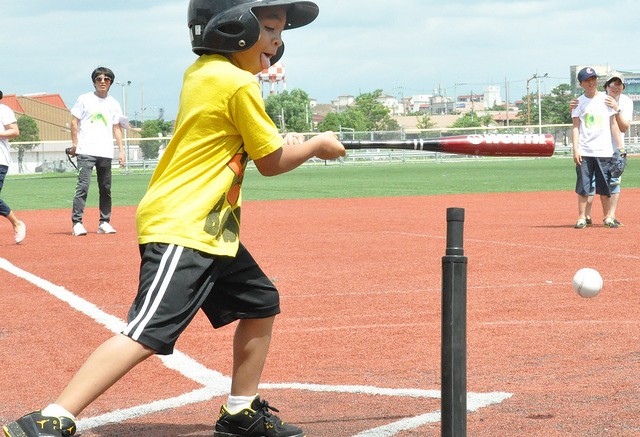Mental health for kids is a topic that understandably concerns many parents. What to do, when your child is manifesting symptoms?
Fortunately, there are some tried and true strategies to promote wellness in the home. Let’s look at 6 of them today.
1. Recognize When to See a Mental Health Professional
Like adults, children have mental health issues, and sometimes it can be tricky to know when to get professional help. You don’t want to overreact to a bad day or even a couple of them, but that still leaves the question of when you should probably conclude your child needs professional mental health attention.
Here it can be helpful to recognize some important warning signs of a mental health issue. In particular, if your child exhibits any of the following, it’s probably a good idea to see a professional:
- Frequent tantrums
- Complaints about health issues, i.e. stomach aches and headaches, that do not seem to have a medical cause
- Too much sleeping and low energy
- A lack of interest in playing with others
- Recent academic struggles
- Obsessive repetition of actions
- Any signs of self-harm: this is a big red flag
If you show your child that mental health problems are nothing to be feared, they will be more likely to respond well and open up. For more info you can visit www.ffpeds.com/services/mental-health/.
2. Be Loving Toward Them
Children thrive best when their parents treat them in a loving and affectionate fashion. If you do something as basic as hugging your children, that can help them to feel better about themselves and about life.
Receiving affection, in other words, helps children to be more resilient and have better self-esteem. They become better able to handle the ups and downs of life, and they are more resilient when things do not go their way, or the family’s way.
The benefits of this improved mental health actually extend to improved physical health as well. There’s even some evidence that children who receive hugs are better able to deal with illness and stress.
3. Make Time to Engage With Them
You’ve probably read a thousand parental advice columns that talk about making time to be with your children. That’s because it really is that important: children who spend time with their parents become happier, better adjusted, and more resilient than those who do not.
Another aspect of this, though, is taking the time to engage with children. Yes, you want to spend time with them, but you want it to be quality time. Take the time to set everything else aside, put down the phone and household chores, and you might be surprised how enriching and rewarding it is.
4. Recognize Their Achievements
Children, like adults, love it when people recognize their achievements. When your children are very young, every scrawled drawing and endearingly imprecise coloring exercise is precious.
As your children get older, though, they will work harder at things that they decide are important to them: sports, music, drawing, whatever it may be. You can help them and uplift their mental state by recognizing their hard work and their achievements.
Recognizing an improvement in your children’s abilities may be as simple as “You’ve really gotten better at catching that ball!” or “You’ve really made progress with your drawing.” And, too, some children take pride in learning new things about the world, so make sure you congratulate them when they finish a long or difficult book, and engage them in subjects they are passionate about.
5. Listen to Them
We’ve talked before about listening to your child in the context of teenage mental health, and listening to your children is fundamentally just as important when they’re young.
Listening to children promotes mental health, because it reassures them they matter and you’re there for them. This plays into enhancing their self-esteem and confidence in much the same way as hugging them.
At the same time, if you teach your child that you will listen to them, you will be creating a context in which they will know that they can come to you with their problems. This is very important for helping to identify issues early on.
6. Be the Example
The more you can be the example for your child, the better the context you will set for the family. If you are a positive role model who exemplifies respect for yourself and others, that will go far toward promoting a good mental health state for your children. Be open, share, and talk with them about real problems and how to deal with them.
Conclusion
Mental health in children can be a complex, challenging thing for parents to grapple with. Fortunately, there are some tried-and-true strategies for promoting mental health in the home.
